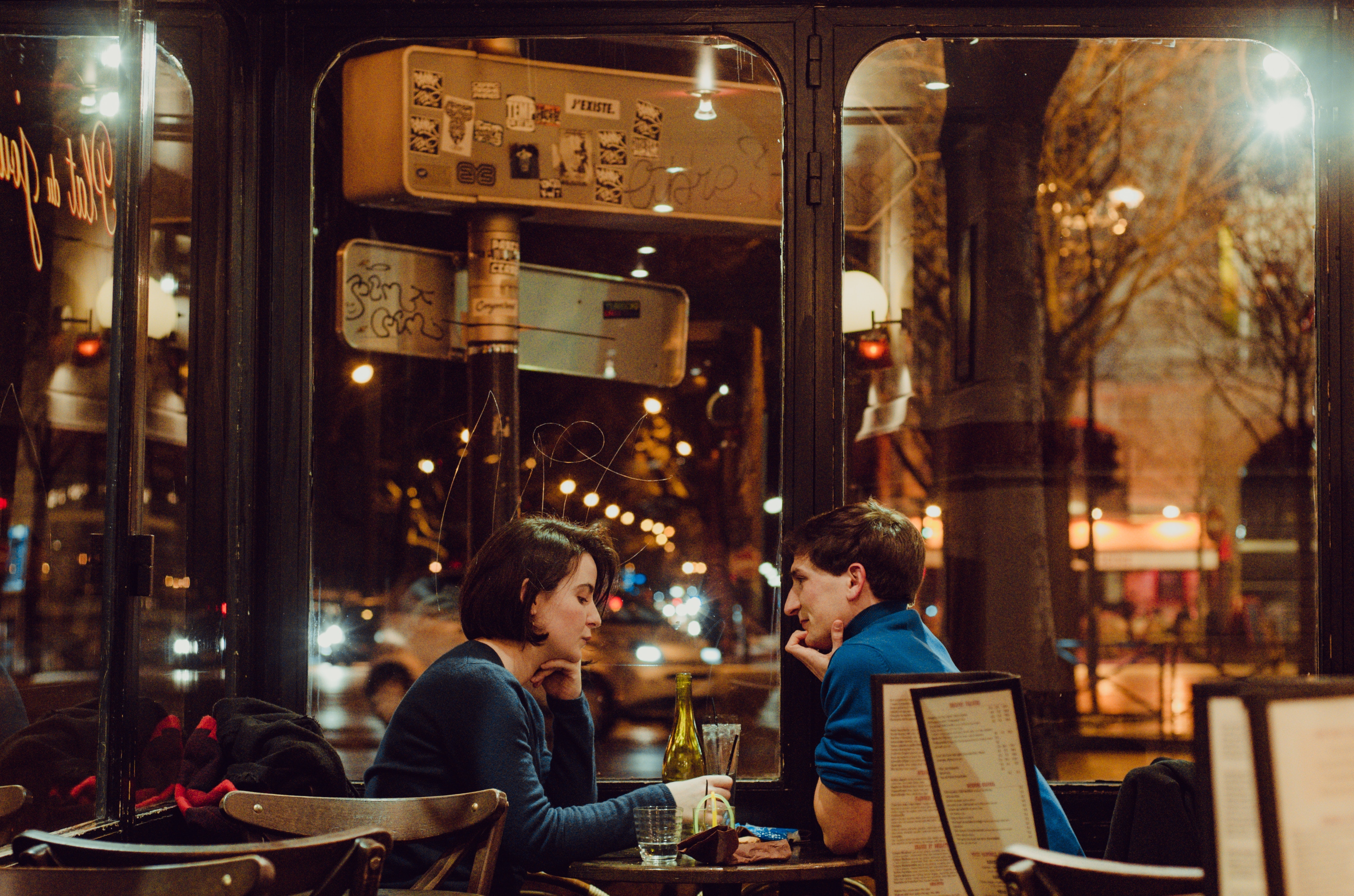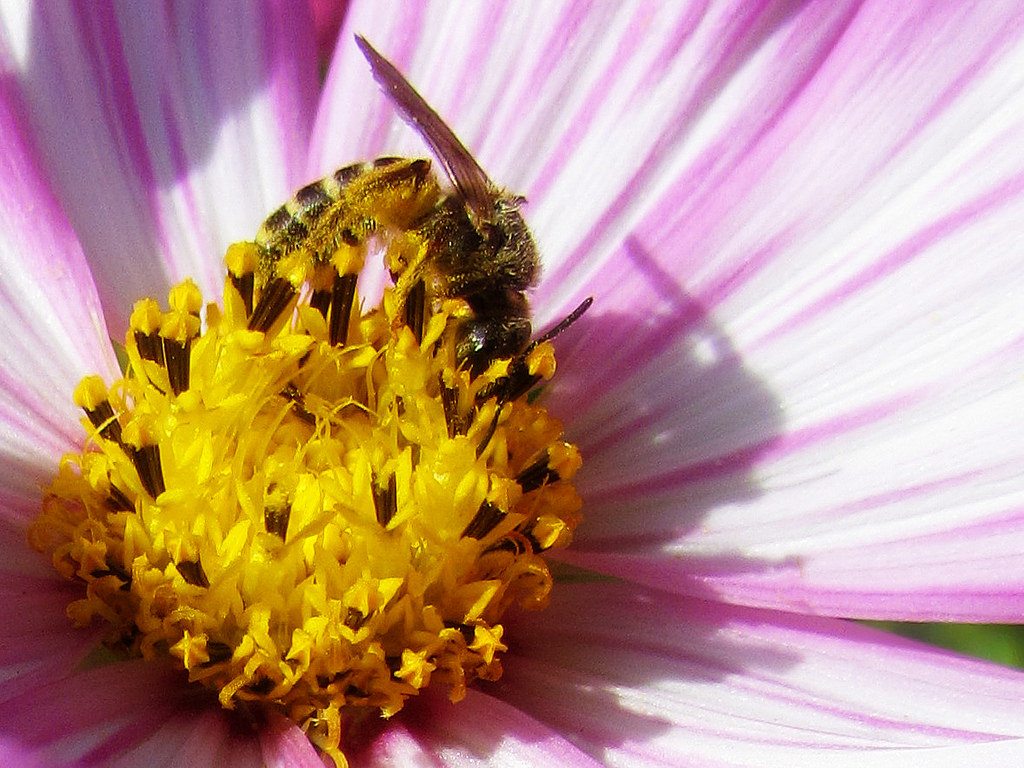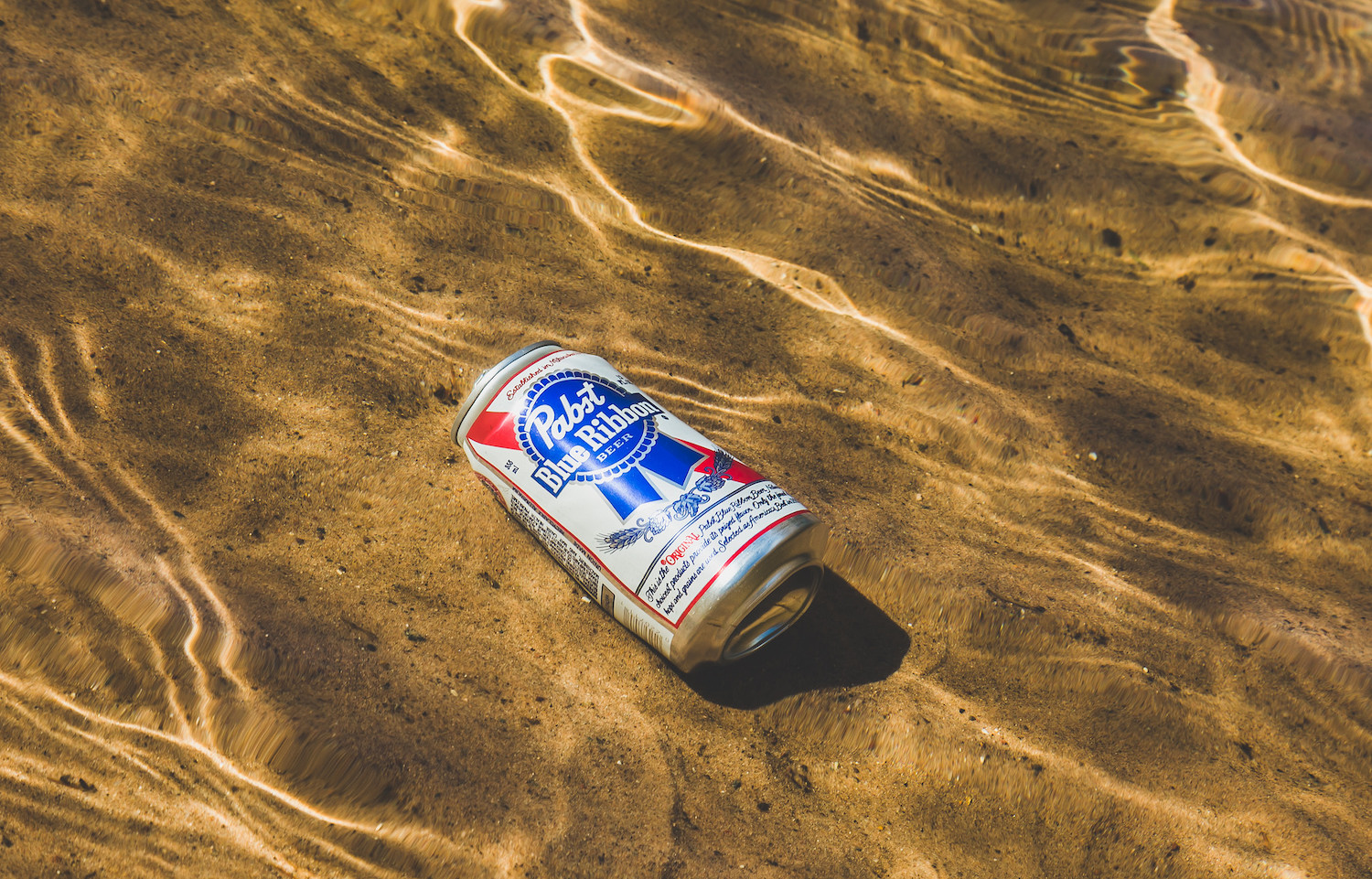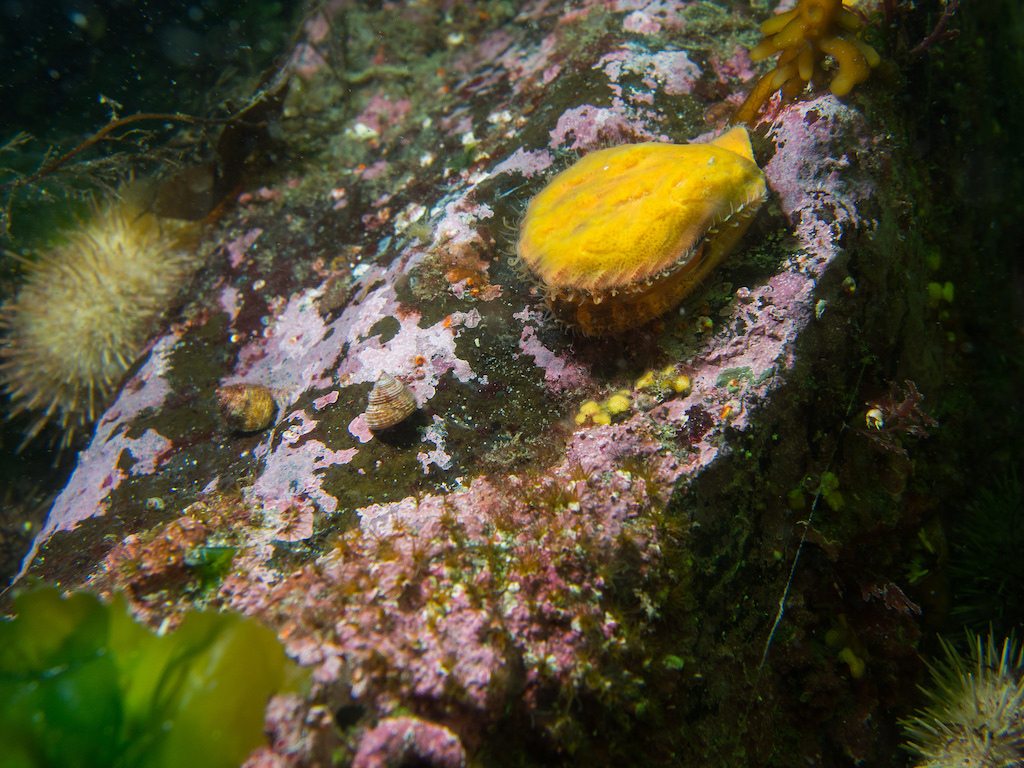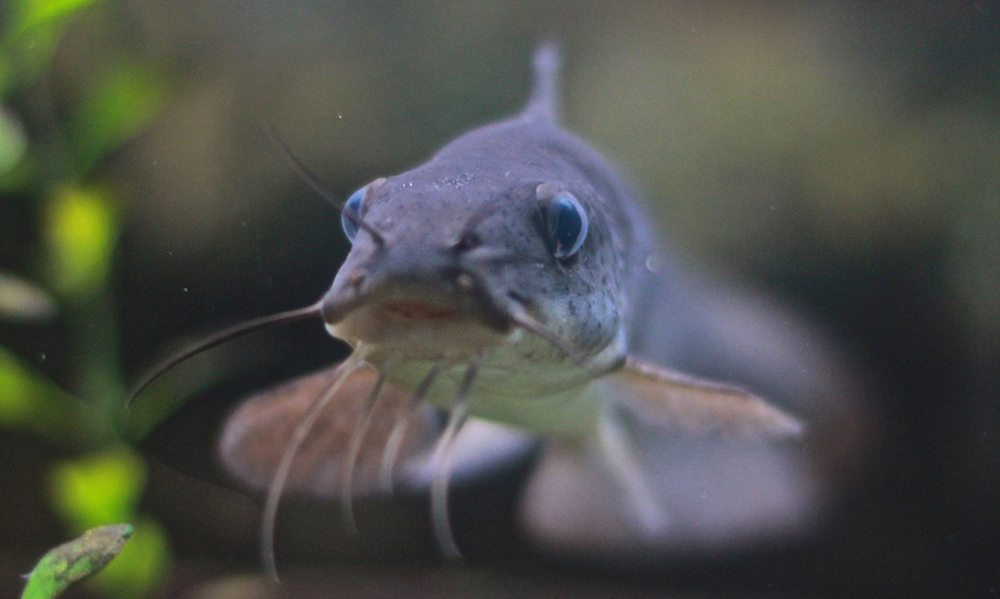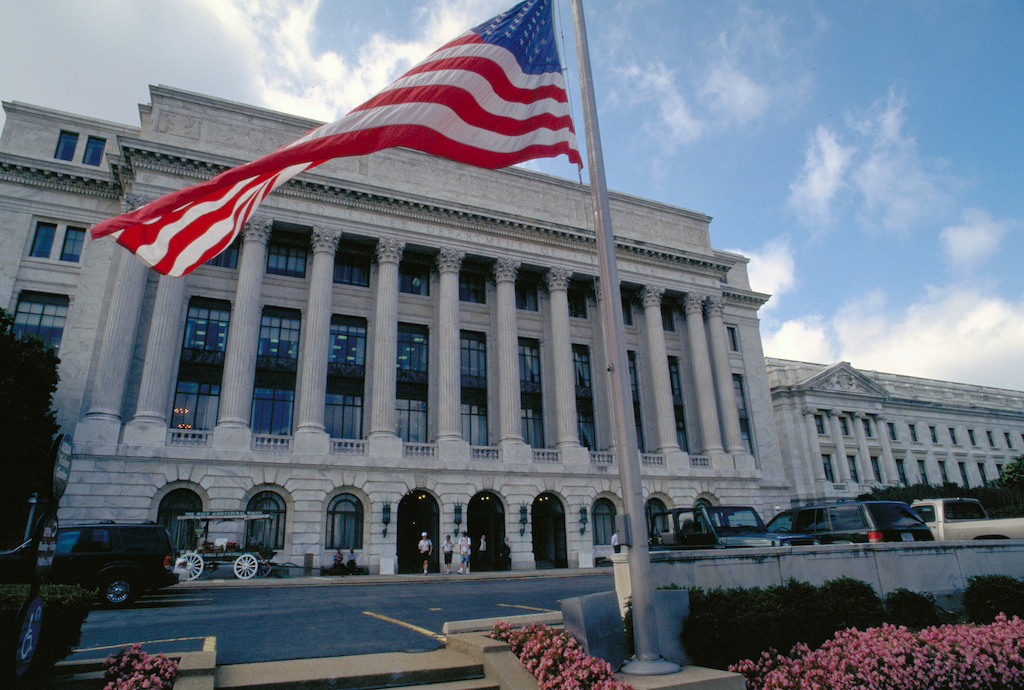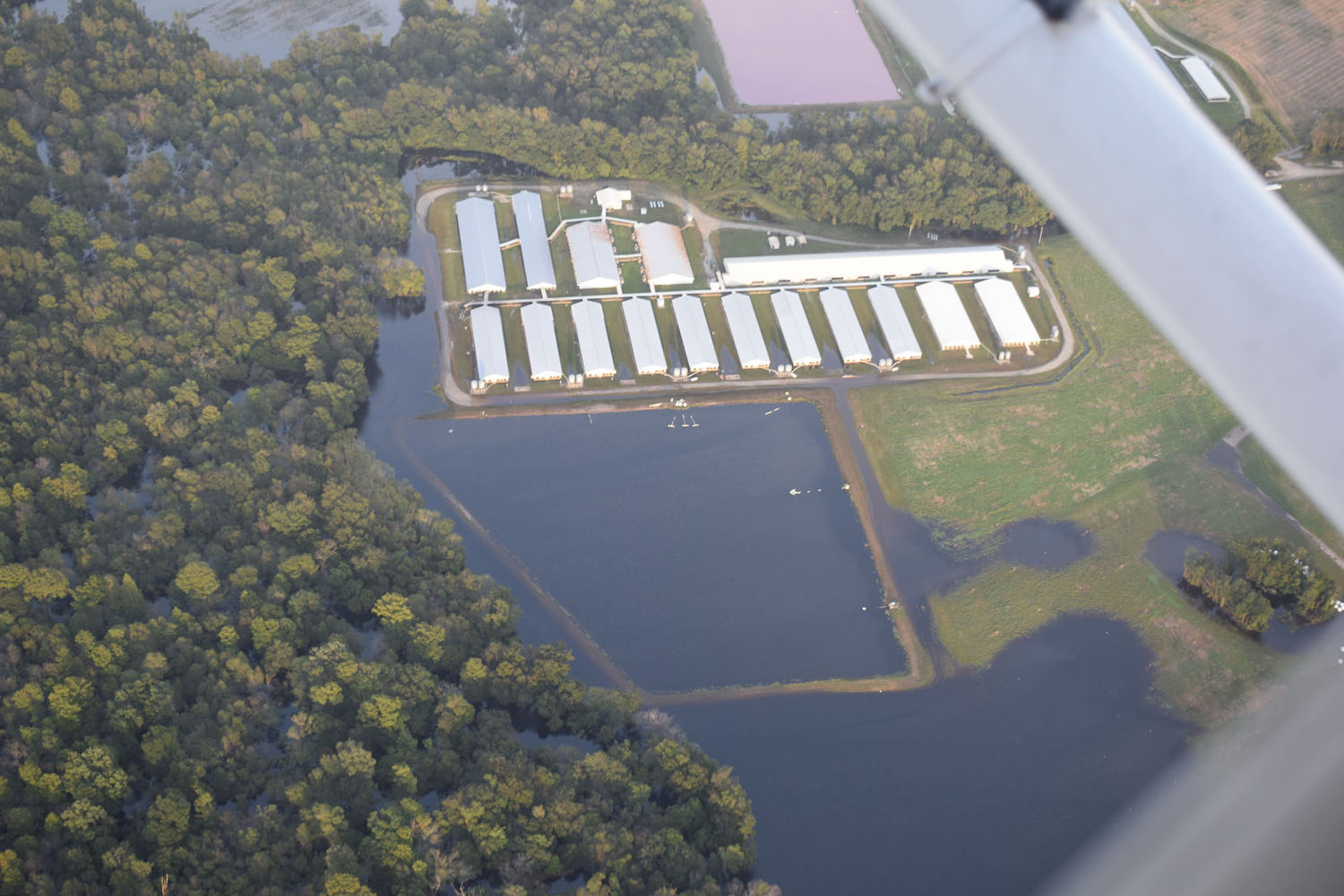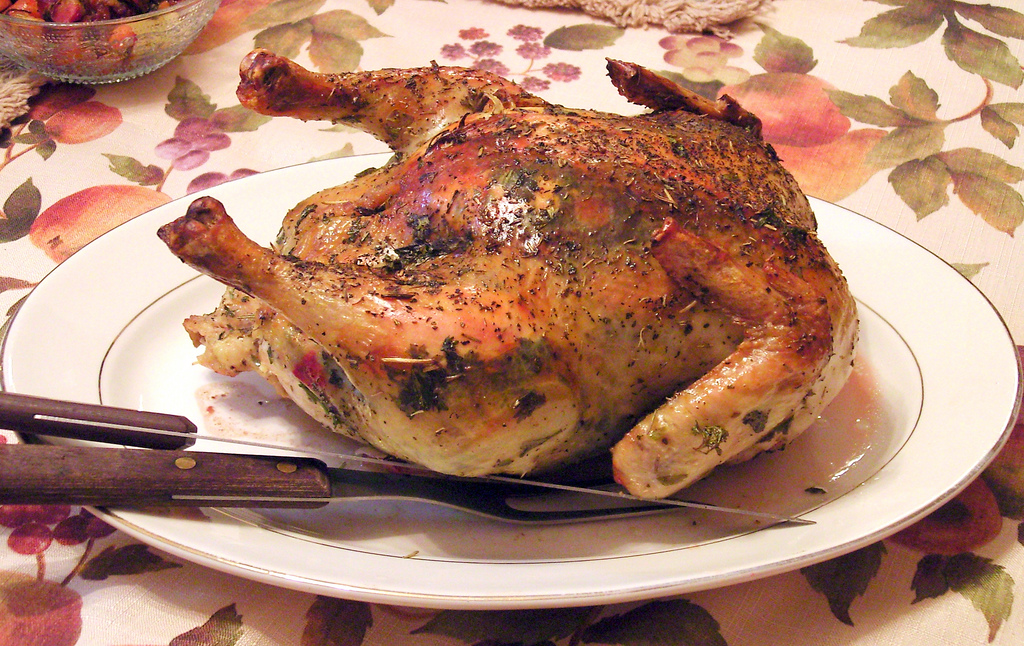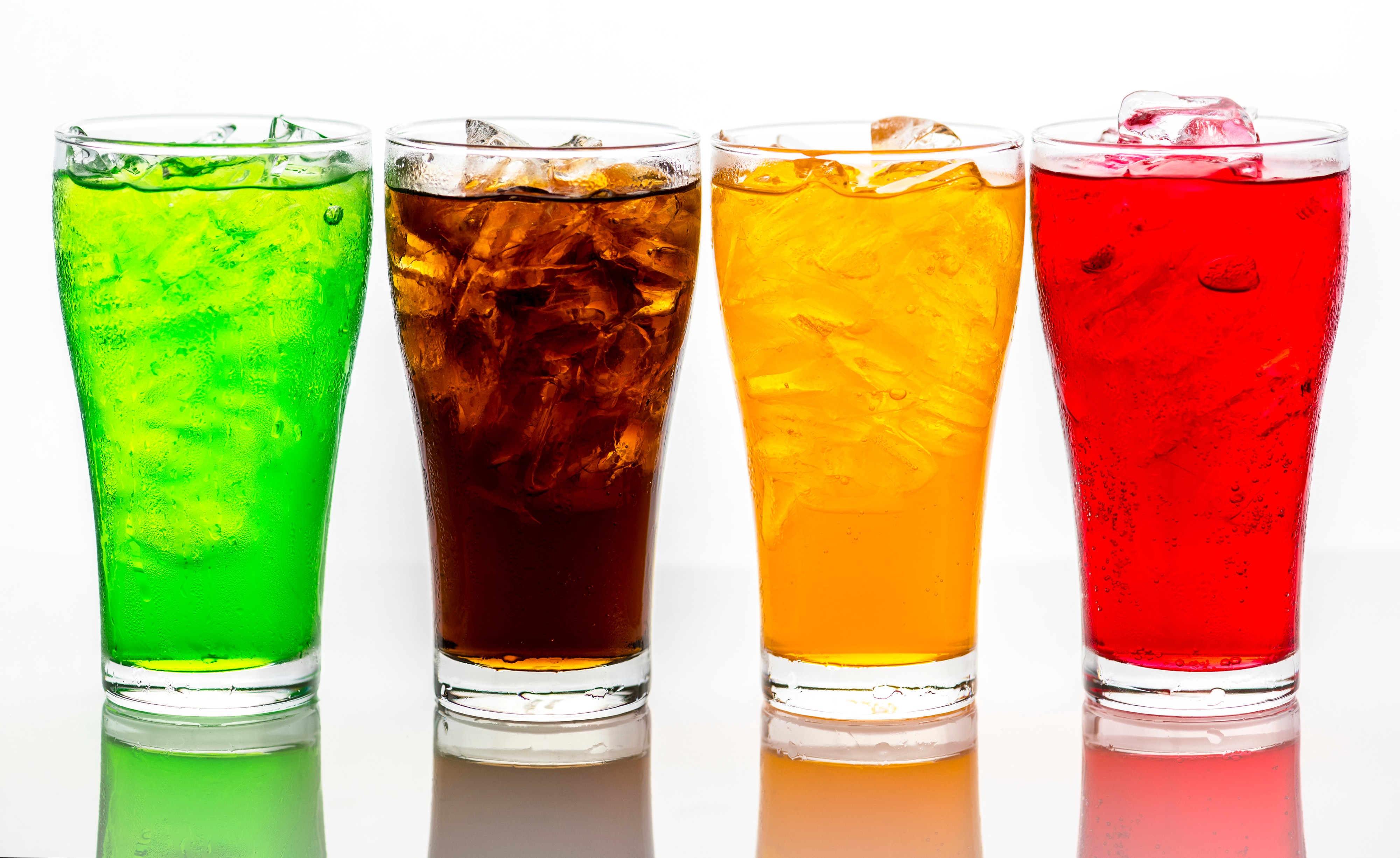Halfway through the first season of Netflix show Master of None, the main character Dev realizes he’s getting foodie-called. He and his date Caroline are in the middle of their meal at Dirty French, an expensive restaurant in New York’s Lower East Side. He’s in a suit. She’s in a hoodie and New Balances. He tries to make conversation. She’s on her phone. At the end of the night, leftovers of sea bass, short rib, and chicken and crepes in tow, Caroline thanks Dev for dinner, and suggests a sushi restaurant for a second date the following week.
The idea of the foodie call—a gustatory spin on the booty call, but where one partner is only there for a free meal—has gained quite a bit of attention in the past few years. In addition to its portrayal on television, foodie calls have also been written up in big publications. Among my friends, I’ve listened to some express their fear of getting foodie-called, and I’ve listened to others joke about maybe doing some foodie-calling.
The study’s authors, Brian Collisson and Jennifer Howell, began the research out of curiosity regarding which people were likely to use dating as a way to nab a free meal.
“What type of personality traits, what sort of belief systems would people have that they would engage in a foodie call?” Collisson said in a phone interview.
In particular, Collison and Howell hypothesized that there might be a correlation between foodie calling and three particular qualities: Machiavellianism, psychopathy, and narcissism. In psychology, these interlinked traits are commonly referred to as a “dark triad,” and they refer to personalities characterized by manipulation, antisocial behavior, and a sense of superiority, respectively. To test their theory, Collison and Howell conducted two surveys using Amazon Mechanical Turk, the TaskRabbit-like marketplace run by the e-commerce giant.
“One of the problems with old-school psychology research is that they used to only do research on college students that were in general psychology classes,” Collison says. “That was really problematic because although college sophomores probably think the same way as people across the country, they certainly aren’t a representative sample.”
In a second survey of 428 other women, Collisson and Howell wanted to get a closer look at precisely how the dark triad traits may be linked to foodie calling. This time, they asked survey-takers to identify with nearly 100 more granular statements linked to Machiavellianism, psychopathy, and narcissism. Again, they found that foodie call acceptability was strongly linked to such qualities. Within this smaller group, 33 percent of women reported having foodie called in the past.
In their paper, Collisson and Howell stressed that both surveys were preliminary, and that future studies about the foodie call could use refinement. They also pointed out that the numbers don’t always capture the nuances and complications of dating.
“People may have misreported their history to avoid seeming manipulative or misremembered bad dates as foodie calls to view their taste in men positively.”
Both are observant points to make. After all, dating can be unpredictable and confusing, and rarely are people’s motivations as clear cut as they were in the Master of None scene. (For his part, Master of None creator Aziz Ansari has been accused of sexual misconduct over the course of a dinner date.) At the end of the day, this study can give us a rough estimate of the prevalence of a singular phenomenon—but it doesn’t nearly scratch the surface of the messy world of romance.
